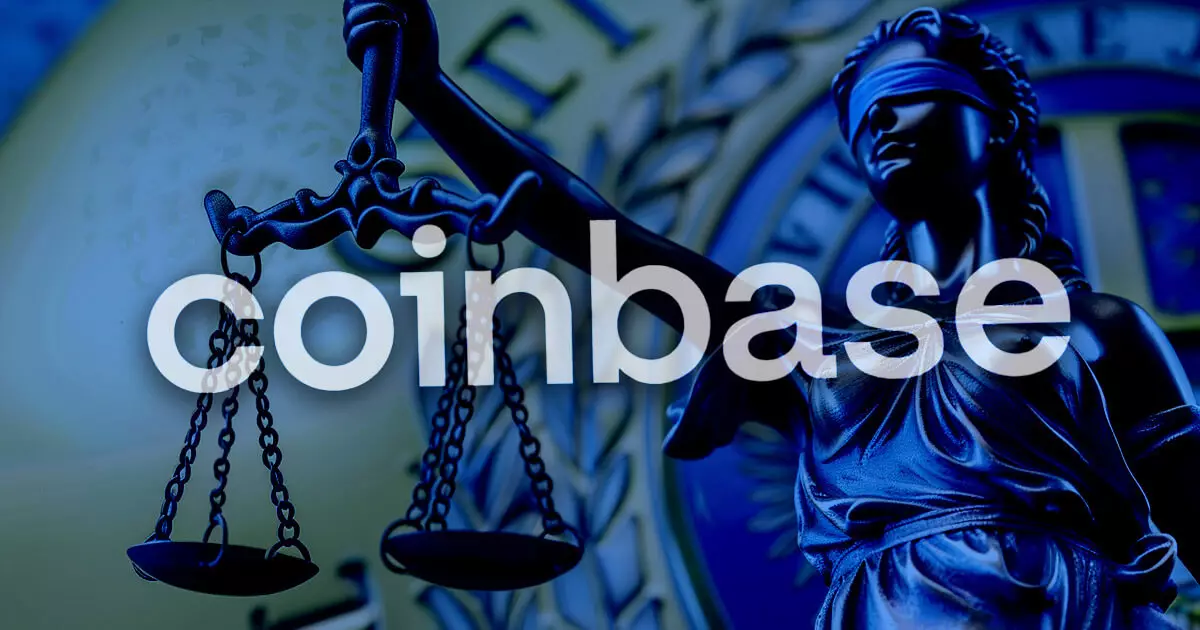In a significant development, Coinbase has initiated a motion for partial summary judgment in its case against the US Securities and Exchange Commission (SEC). This move is aimed at obtaining internal SEC documents that could unveil the agency’s enforcement strategy regarding the burgeoning cryptocurrency sector. The genesis of this legal confrontational relationship is rooted in the SEC’s dismissal of requests made by History Associates, a firm Coinbase enlisted to analyze the regulator’s position on digital assets. The SEC had justified its refusal by invoking Freedom of Information Act (FOIA) Exemption 7(A), which protects documentation linked to ongoing law enforcement activities. Nonetheless, the situation took a turn when the SEC later opined that this exemption might no longer be applicable yet persisted in delaying document reviews for a staggering three years.
The SEC claims that the additional time is needed to reassess each document and identify any potentially sensitive information linked to law enforcement processes. However, History Associates has countered that the extensive delay is unwarranted, casting doubt on the agency’s motives. This protracted period of waiting raises fundamental questions about the SEC’s transparency and accountability, especially as it relates to its guidance in the rapidly evolving world of cryptocurrencies. In response to these delays, Coinbase has proposed a bifurcated strategy, emphasizing the necessity to expedite the evaluation of internal SEC communications while postponing the examination of third-party records. This dual approach indicates a strategic maneuver aimed at obtaining more immediate insights into the regulator’s decision-making processes.
Seeking Regulatory Clarity
At the heart of Coinbase’s legal battle lies an urgent need for clarity on how the SEC interprets securities law in the context of digital assets. One of the principal issues is the absence of well-defined guidelines on which tokens may be classified as securities, leaving a considerable gray area for companies within the crypto space. For instance, in July 2023, History Associates filed its first FOIA request, seeking clarity on Ethereum’s transition from the proof-of-work consensus mechanism to proof-of-stake. Furthermore, in August 2023, documents related to the SEC’s case against Zachary Coburn, the founder of the decentralized exchange EtherDelta, were also requested. Coburn faced charges in 2018 for operating an unregistered national securities exchange, marking the SEC’s inaugural action based on such criteria. The case concluded with Coburn being subjected to almost $400,000 in fines and disgorgement.
This lawsuit emerges as part of a broader initiative by Coinbase and other stakeholders in the cryptocurrency ecosystem to contest the SEC’s expansive regulatory domain—an assertion many within the industry view as overreach. As the legal battle unfolds, it raises critical concerns about the future of crypto regulation; stakeholders are eager to ascertain the parameters within which they must operate. With the stakes high and the crypto market continually evolving, the resolution of these legal challenges will likely have significant implications for both regulators and the industry at large. As the situation develops, the interplay between regulatory authority and innovation will undoubtedly shape the future landscape of digital assets.


Leave a Reply